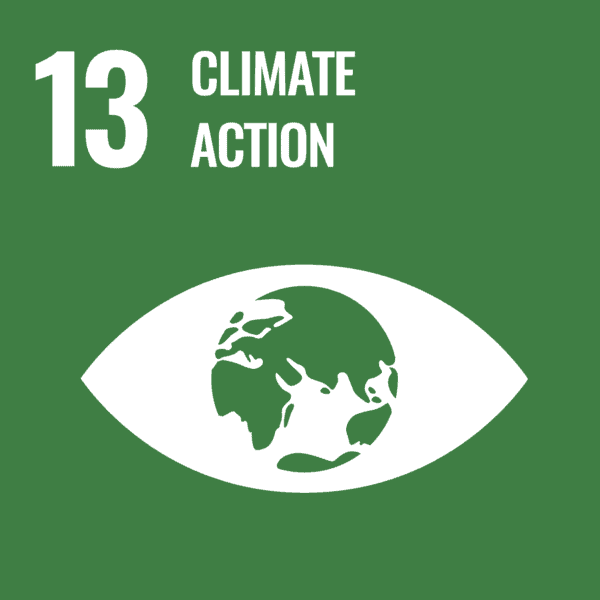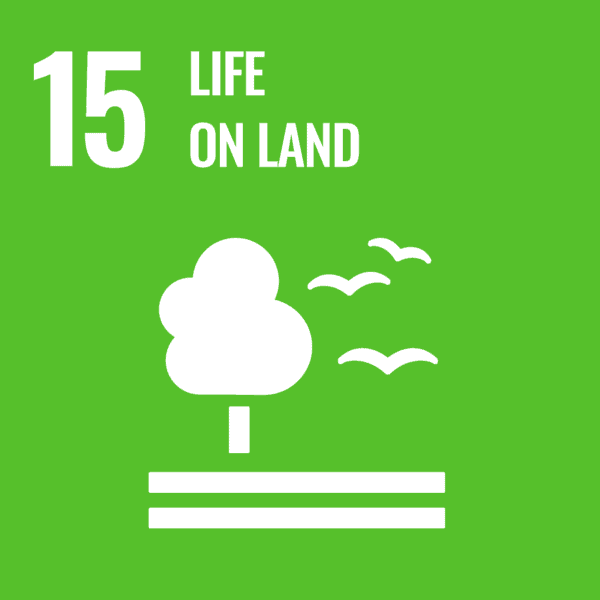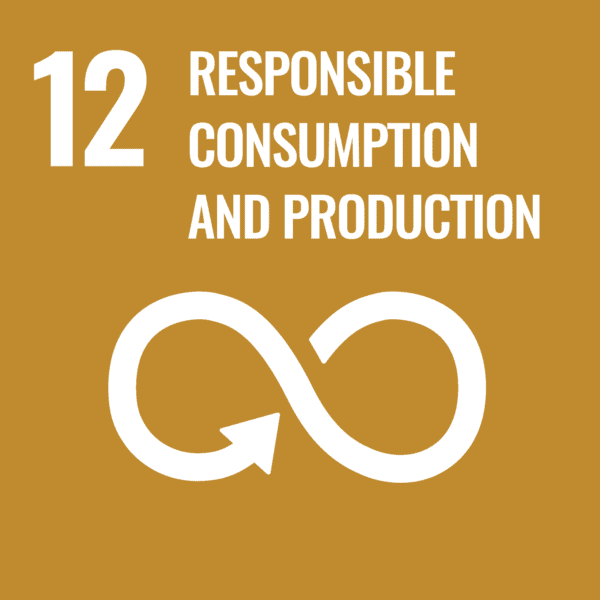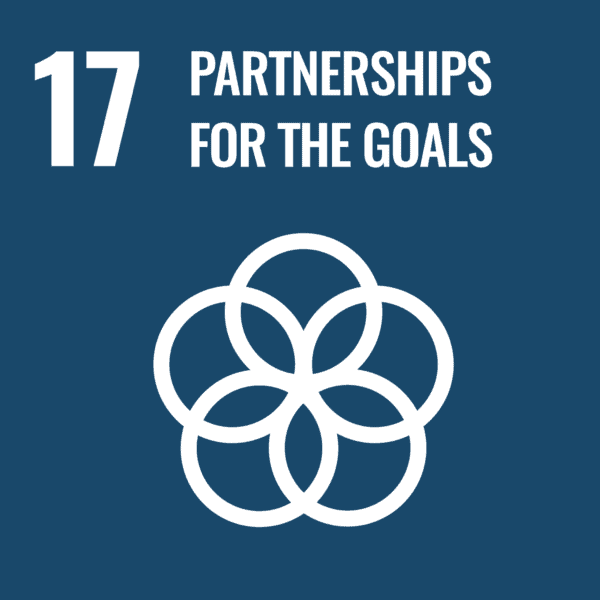Domestic Market Transformation – Sustainable Indonesian Palm Oil
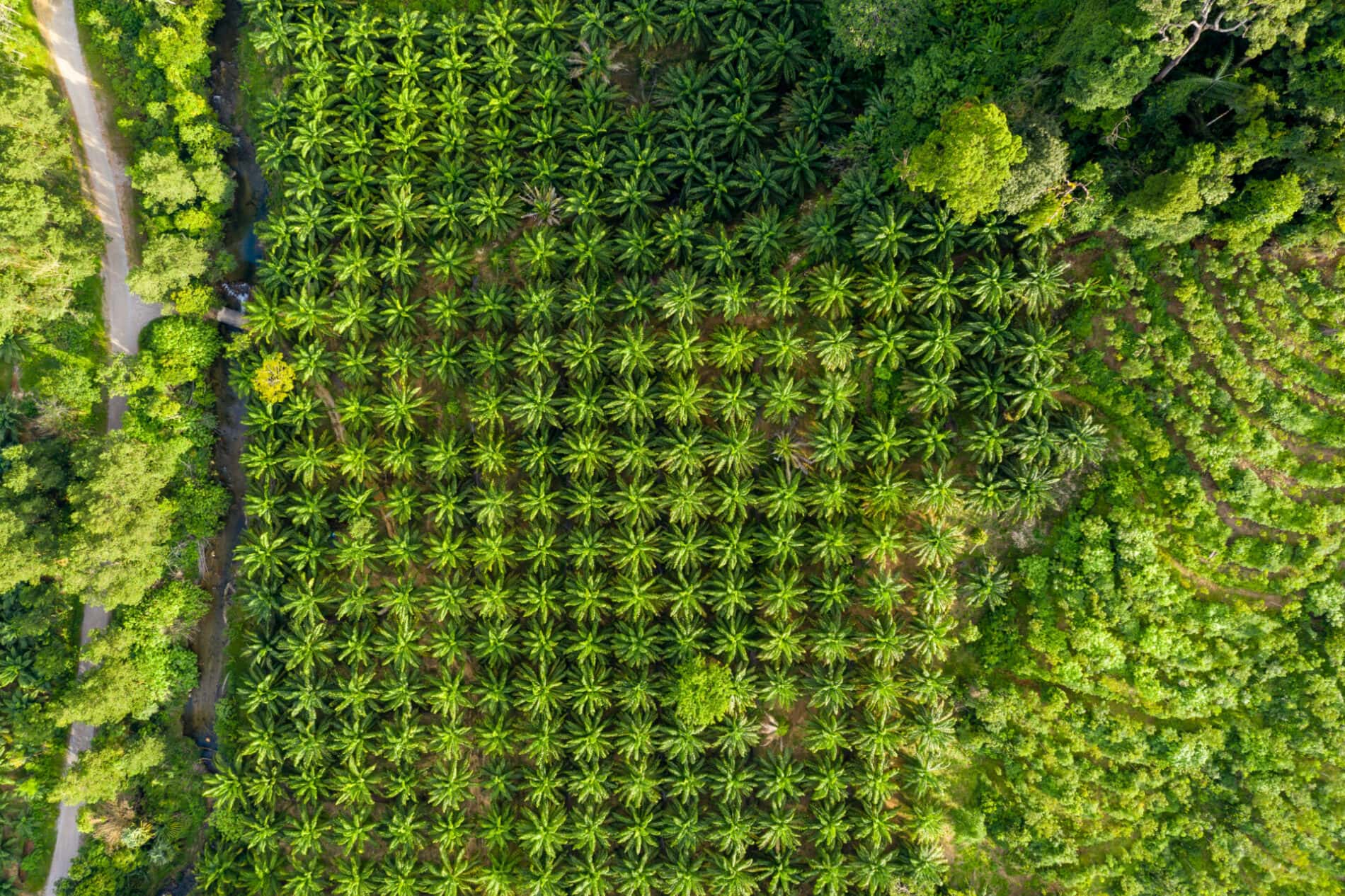
AidEnvironment aims to transform the Indonesian palm oil industry through stronger NDPE policy and empowering local stakeholders and consumers.
The Domestic Market Transformation (DMT) project seeks to promote transparency, accountability, and sustainability in Indonesia’s local palm oil industry. It addresses the challenges of the leakage market in Indonesia where the local industry has less rigorous No Deforestation, No Peat and No Exploitation (NDPE) compliance, which contributes to unsustainable palm oil production.
The intervention is focused on increasing transparency on NDPE compliance and finance flows in the palm oil industry, engaging palm oil producers and traders as well as their financial and CSO stakeholders, and raising awareness among local consumer groups.
The project aims to influence domestic palm oil producers, traders, and suppliers, financial institutions, and state-owned palm oil producer Pertamina to adopt and implement NDPE policies. The approach involves capacity building for CSO stakeholders and consumer groups to increase pressure on palm oil companies and government bodies to implement stronger forest protection policies, as well as create an expectation that suppliers to the biodiesel and food markets will contribute to a more environmentally, socially and economically sustainable domestic palm oil sector.
Project results
AidEnvironment and our partners achieved tangible outcomes toward the project's aims
- We reported on the mapping of the palm oil market, among the first ones focused on increased transparency on unsustainable practices of local players and buyers.We also mapped finance flows from domestic financial institutions to palm oil producers. These were used by CSO partners to raise grievances to companies.
- Aidenvironment used the reports do dialogue with over 30 actors in the government, private sector, CSOs and the financial sector. We had several meetings with state-owned biodiesel corporation Pertamina, as well as 10 groups of palm oil companies selected by the Ministry of Energy as suppliers. We also built relationships with Indonesia’s Ministry of Energy and Mineral Resources, New Renewable Energy and Energy Conservation (ESDM EBTKE) and Financial Services Authority (OJK).
- A coalition of local civil society organizations (CSOs) in Indonesia called Koalisi Clean Biofuel for All has been formed to campaign for biofuel production with no negative impact on the environment and local communities.
- On state-owned biodiesel corporationPertamina, while the government was supportive in strengthening the domestic market’s environmental performance, we are still working to see binding commitments to NDPE sourcing. To date, among the 10 core Pertamina suppliers that we engaged, NDPE adoption increased from 6/10 to 8/11 with the addition of a new player — GAMA / KPN Corporation, which developed an NDPE policy with Aidenvironment’s assistance. Of the 3 remaining laggards, BEST Agro was responsive to Aidenvironment’s engagement and ordered “no land clearing / new plantation activities” across BEST subsidiaries.
- 86% of planned biodiesel supplies will be from companies with an NDPE policy in 2021, a 5% increase compared to 2020 (estimated by Project partners).
- 75% of the 10 companies are prepared to issue “Stop Work Orders” to suppliers that are non-compliant to NDPE (as of the end of 2020), a 25% increase compared to 2016.

